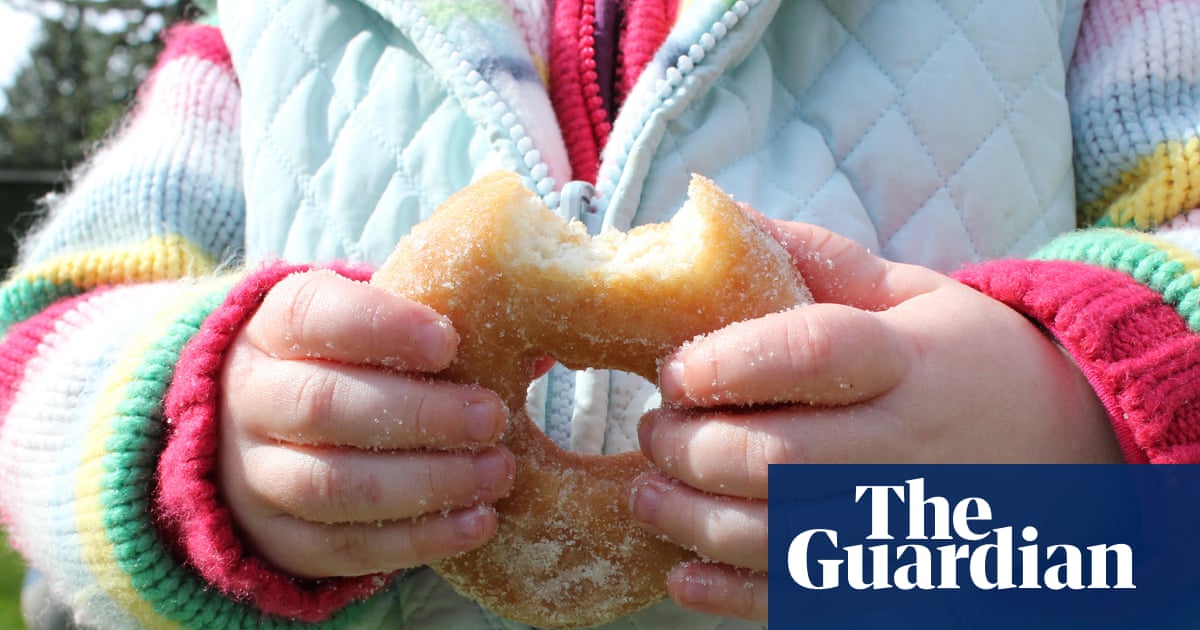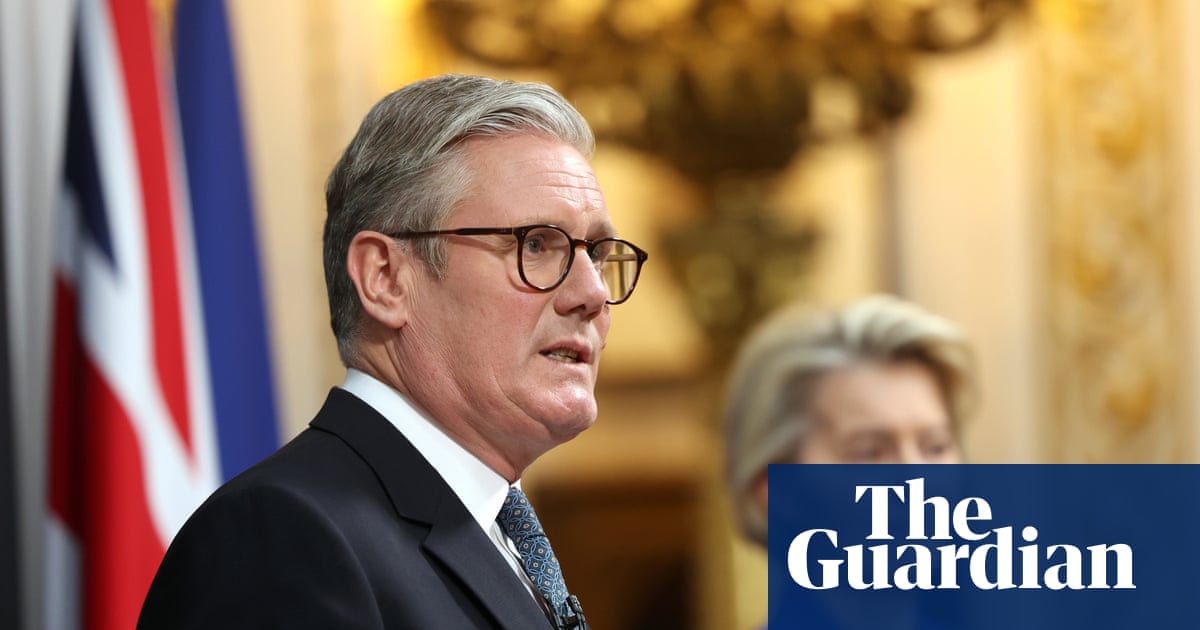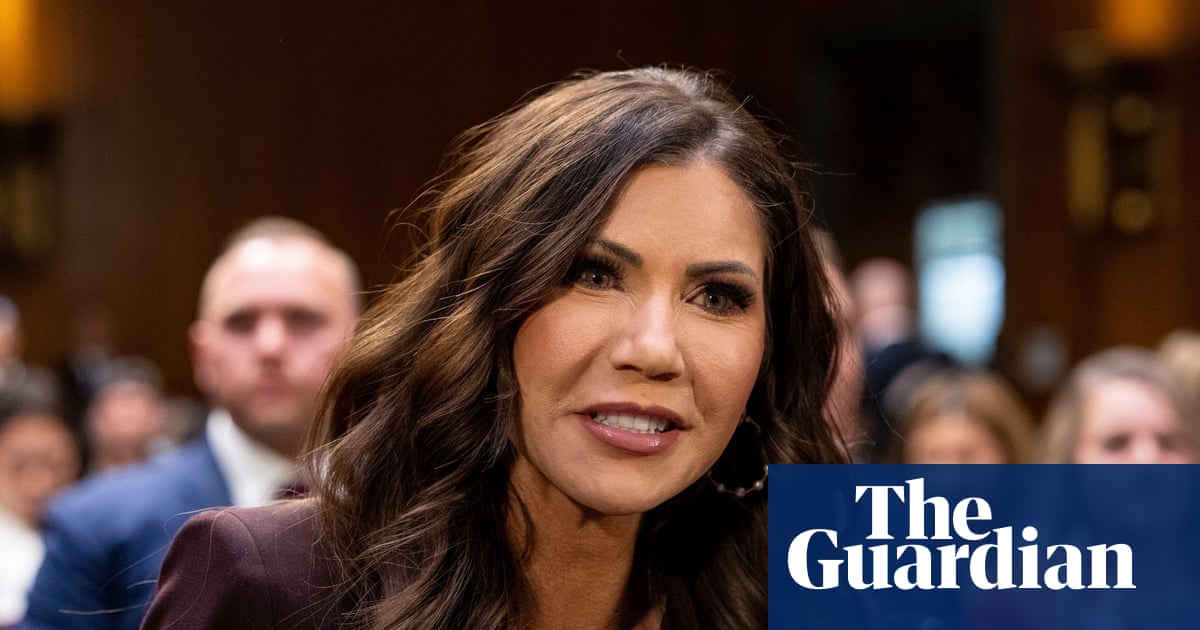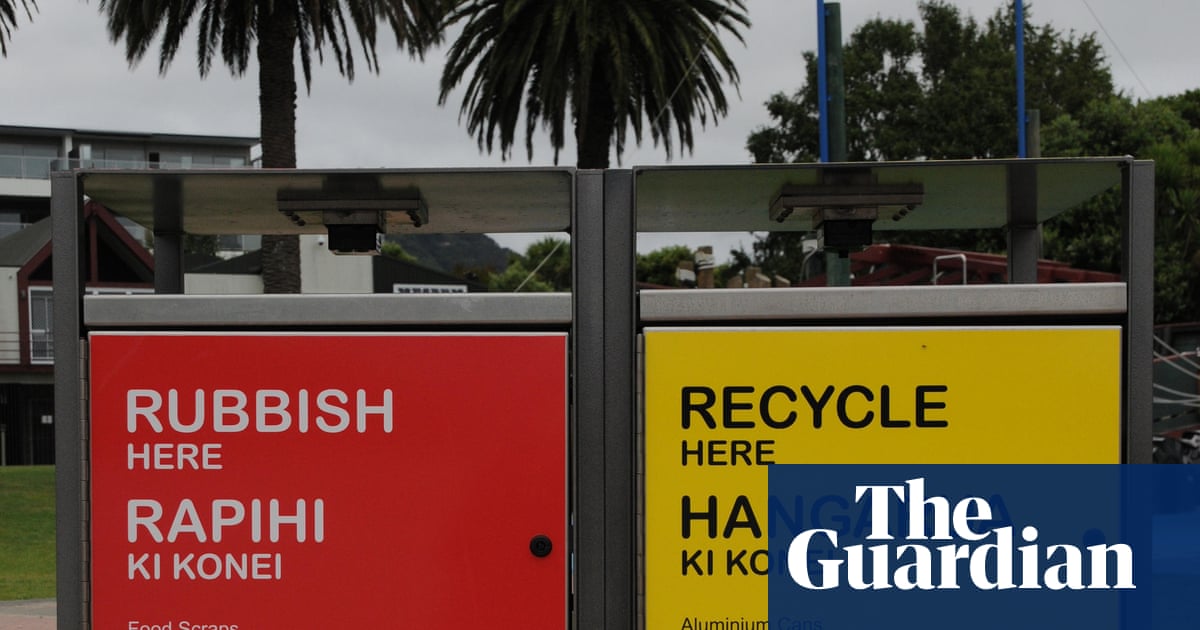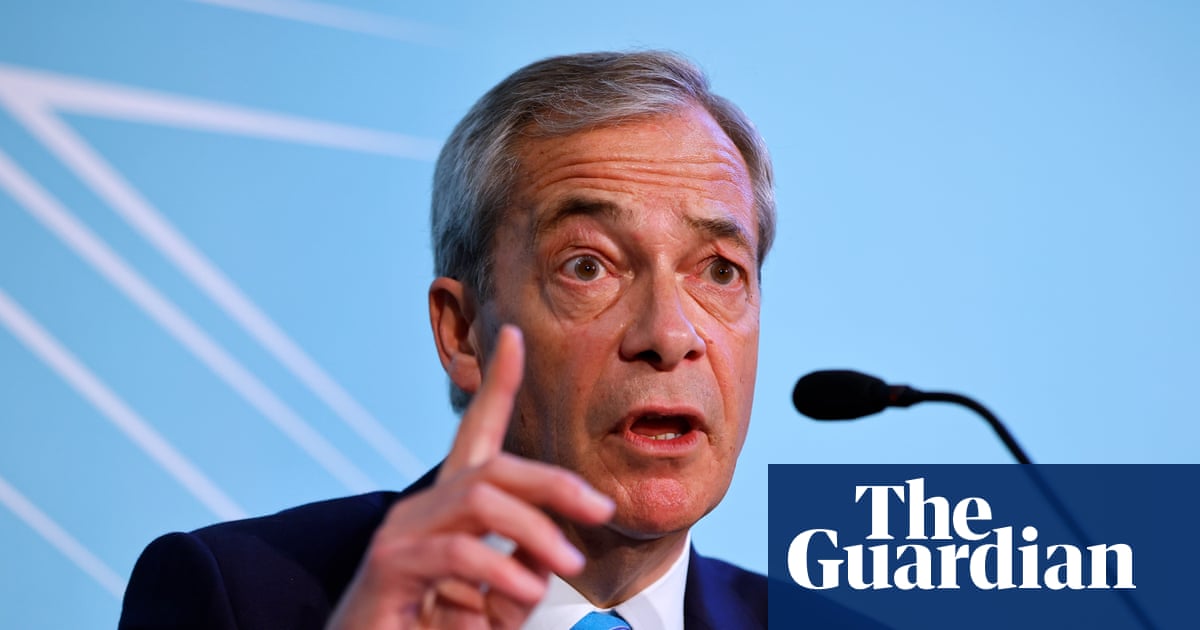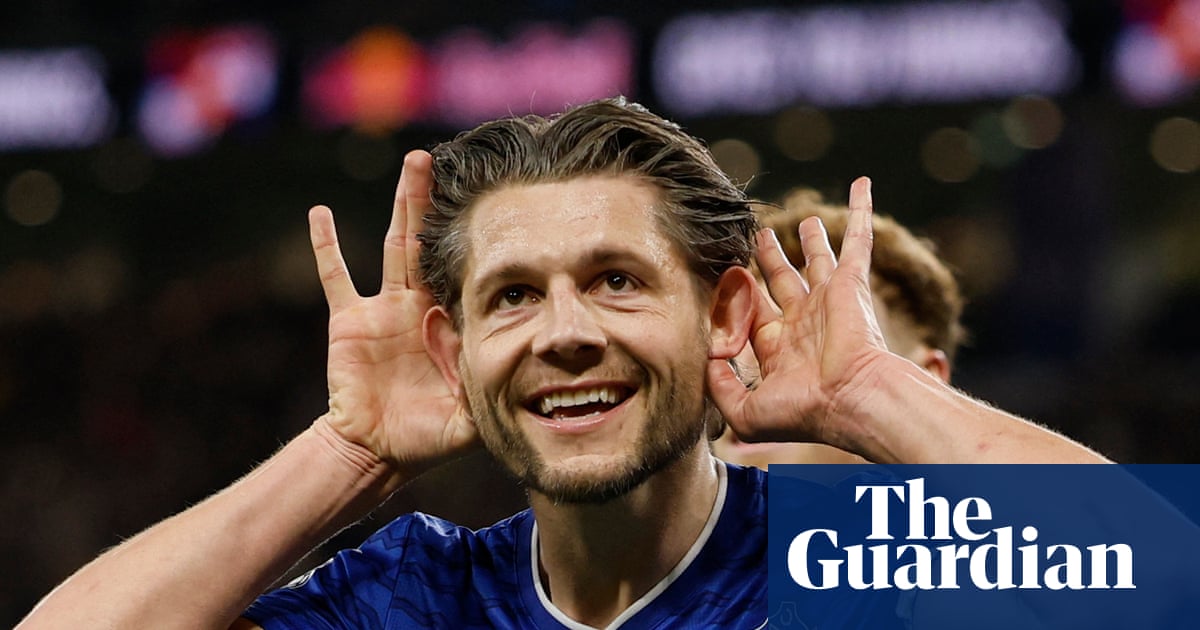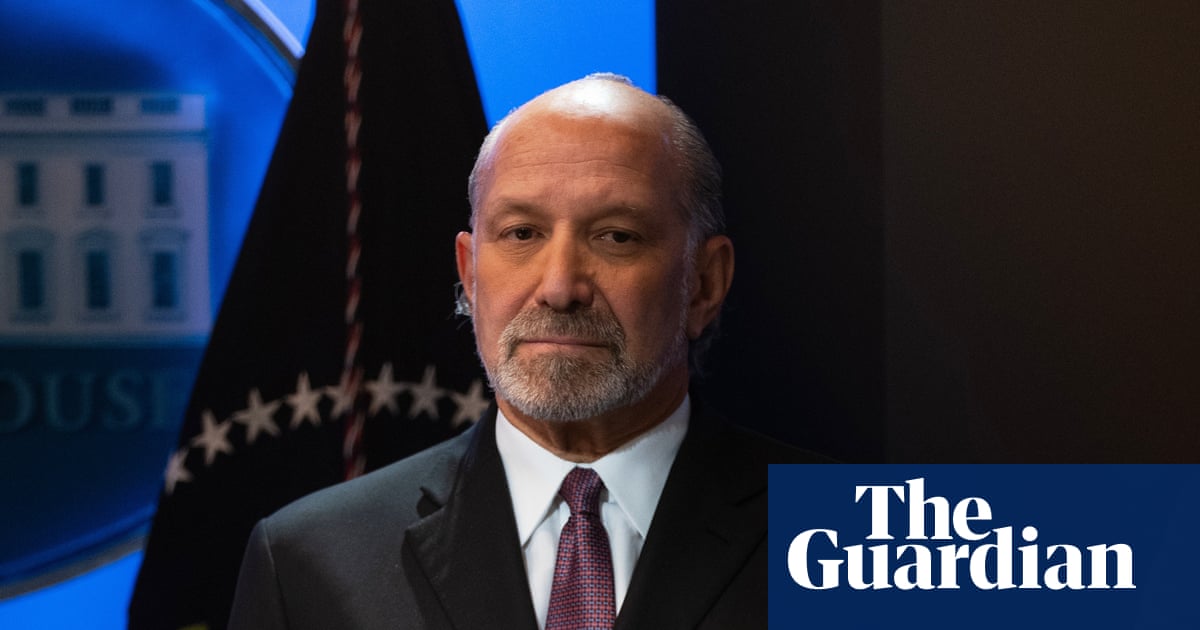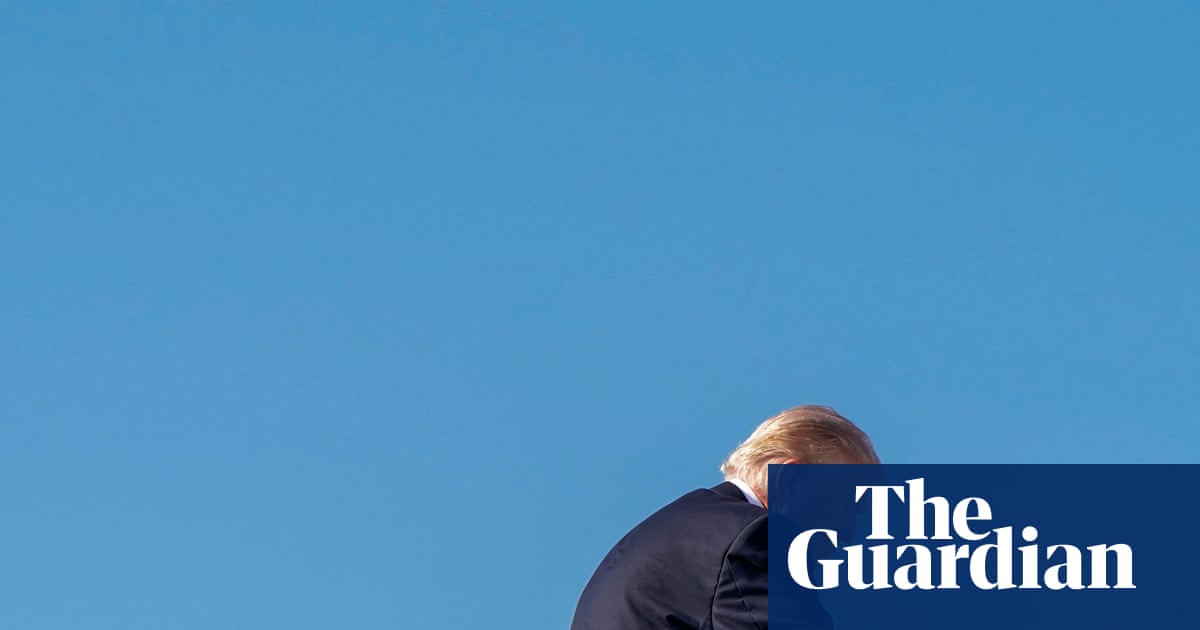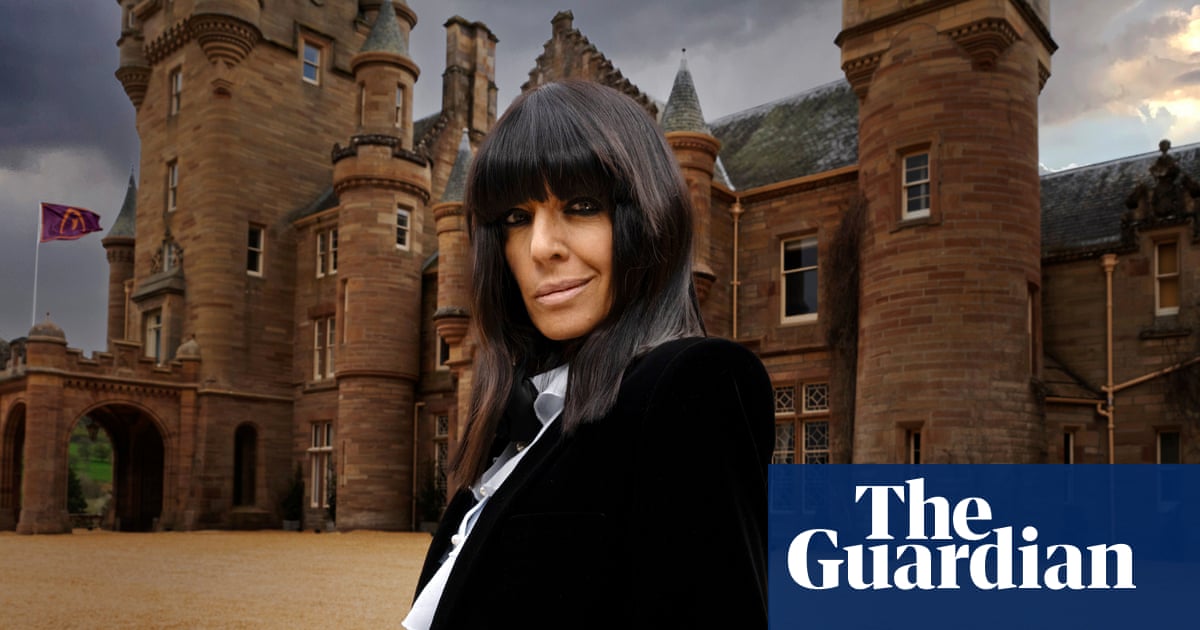At the end of last year, during her triumphant gig at the O2, Charli xcx brought Robyn out onstage. In a sense, it was just the latest in a series of guest appearances on the Brat tour: a string of collaborators from the album and its ensuing remixes – Lorde, Billie Eilish, Troye Sivan and Addison Rae among them – had turned up at different shows to perform their parts live. But as well as contributing her verse to their remix of 360, Robyn also took centre stage, performing her peerless 2010 single Dancing on My Own. Released when at least some of Charli xcx’s audience were still in nappies, it didn’t sound remotely like a throwback even in the context of a gig based around one of 2024’s most acclaimed and agenda-setting pop albums: the star of the show’s willingness to cede the spotlight to her felt like evidence of Robyn’s influence over contemporary pop.
You can see why the Swedish singer-songwriter carries so much clout among pop stars of the mid-2020s. When she opened an album with a track called Don’t Fucking Tell Me What to Do, she wasn’t joking: after launching as a 90s teen-pop star produced by Max Martin, she rejected the usual strictures placed on female pop – walking away from not one but two major label deals due to lack of artistic control – and seemed intent on following a more idiosyncratic, complex, messy path. She never saw being in the centre of mainstream pop as antithetical to making music with depth, or that touched on contentious issues. Despite the worldwide success of her debut, Robyn Is Here, her second album, My Truth, went unreleased outside Sweden because her US-based label baulked at Giving You Back, a song about an abortion she’d had in 1998: when asked to remove the song, Robyn refused.
Gaining her independence, she went on to collaborate with both Sweden’s blue-chip pop factories and a succession of experimental electronic artists, the Knife and Röyksopp among them, at a time when blurring the boundary between mainstream pop and the musical left field was far from commonplace. A 46-year-old who released her first single in 1995, a year before the Spice Girls were launched, she seems to have more in common with pop artists half her age than with most of her peers.
So you would say that her first solo release in seven years was arriving at an opportune moment, were it not for the fact that Robyn doesn’t seem to do anything in a particularly opportune way. Either way, Dopamine is a striking return. Its sound is jubilant and dancefloor-focused: a four-to-the-floor house kick drum accentuated by a relentless rhythmic vocal sample, chattering Giorgio Moroder-esque synths, Daft Punk-like robotic voices, euphoria-inducing bursts of arpeggiated electronics, a killer earworm chorus. It’s noticeably a more neon-hued than her reflective last album, 2018’s Honey, but just beneath its bright exterior lurks something more complex.
It’s a song ostensibly about the first rush of falling in love, but tempers its giddy enthusiasm with a weird hint of desperation (“I just need to know that I’m not alone”) a further dash of fatalism (“it’s going to be whatever and that’s cool”). There’s also a curious tension between trying to explain attraction away as something scientific – an excess of the titular chemical – and something more spiritual and intangible: “Something here’s opening deep inside of me / And I can finally feel it.” The lyric never quite declares its hand: you could read it as emotion triumphing over rationality, or you could equally read it as tempering a standard pop cliche with a stark realism. It’s complicated and messy: it’s also an unequivocal pop banger. Which of course, makes it very of the moment, but also makes it very Robyn.

 3 months ago
116
3 months ago
116




